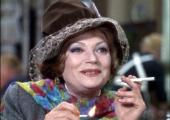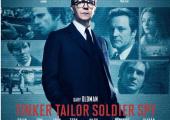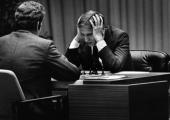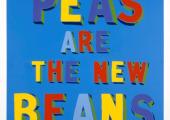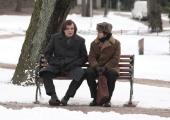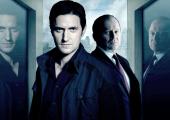Foyle's War, Series 8, ITV
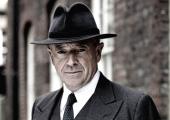
The Russians are coming - better send for Foyle
Always a treat to see the shrewd, penetrating gaze of DCS Christopher Foyle back for one of its all-too-brief runs, though no doubt rationing Foyle's War to short series at long intervals is what has enabled writer/creator Anthony Horowitz to sustain it for so long. The three episodes in the new Series 8 find Foyle back in Britain, following a trip to the USA to "tie up some loose ends" from a previous case.

